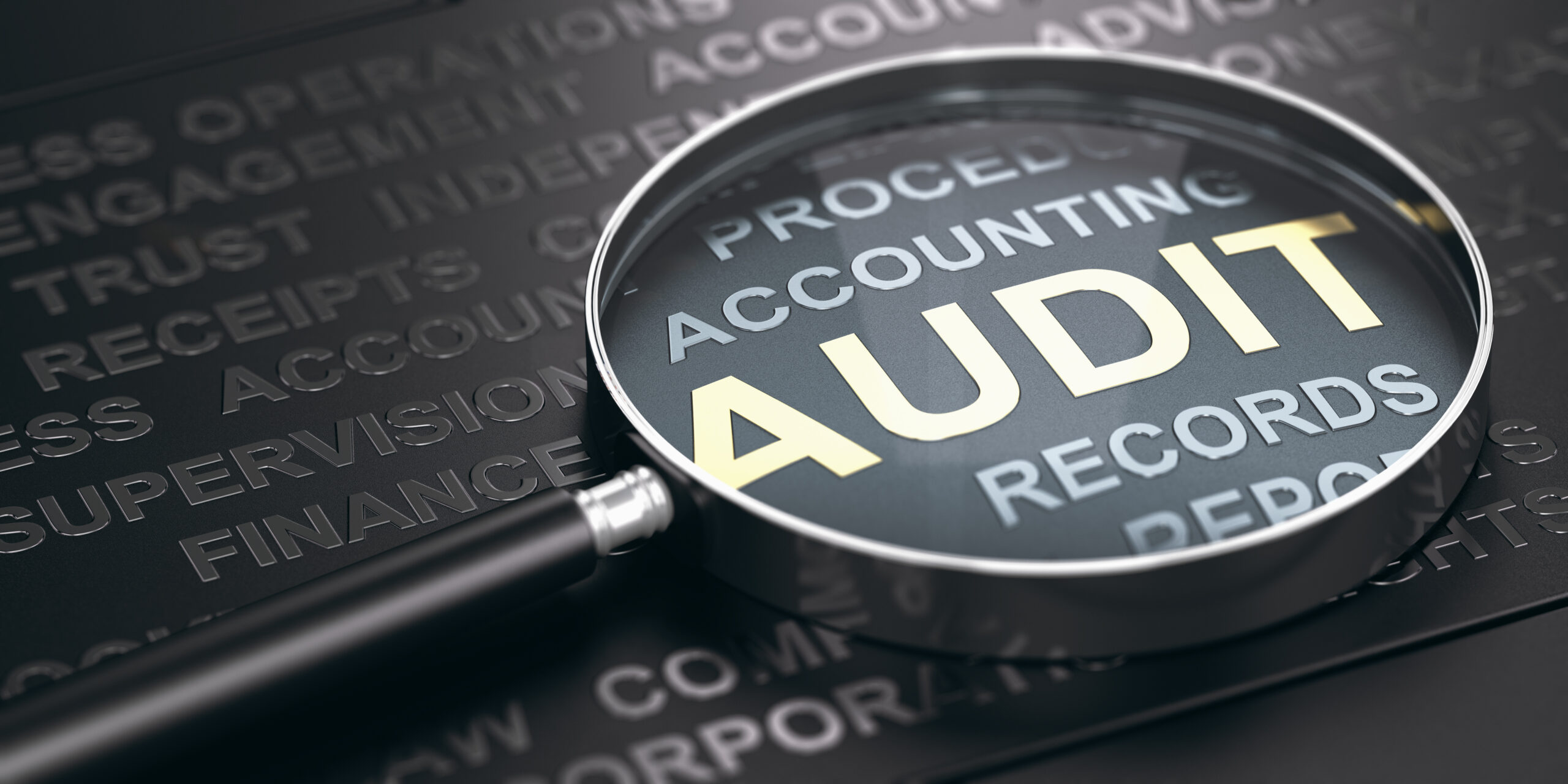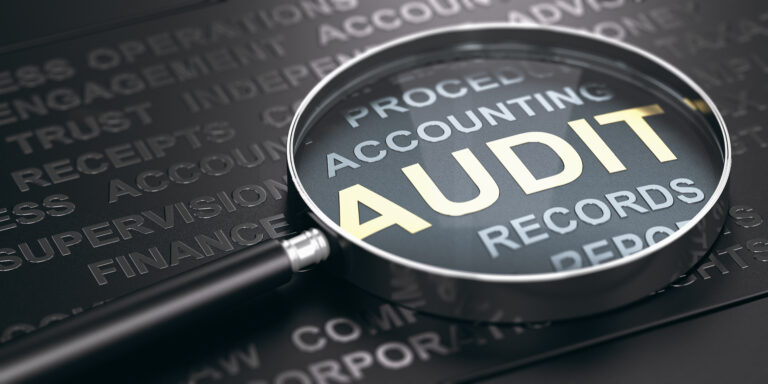How To Survive A Florida Sales Tax Audit
Obtaining the Necessary Information and Representation to Aid Your Upcoming Audit
So, your business has received notice of an impending audit. The experience can be daunting for any taxpayer regardless of the circumstance. One must understand the necessary steps needed to ensure that you survive a Florida sales tax audit unscathed.
First and foremost, it is important to know the purpose behind a sales tax audit. A business is mostly flagged for audit when their exempt sales ratio is out of range with other companies within its industry. In other cases, they are simply chosen at random. The Florida Department of Revenue (DOR) will be looking for any violations of Florida tax law during the year(s) in question. DOR will look to see if your business failed to remit any of all sales tax collected. This act alone carries a series of consequences. Indeed, it is considered a violation of Florida tax law that carries hefty fines to jail time.

DR-840
The DOR will notify the taxpayer of an audit by issuing form DR-840. DR-840 is a Notice of Intent to Audit Books and Records. This notice will state that the audit will begin 120 days from the notice issue date. An audit cannot begin for 60 days after notice issue date, but can be waived to begin sooner than 120 days.
Once this letter is received, the taxpayer should hire an experienced tax professional. They will assist with audit preparation during their 60 day ‘homework’ period and during the actual audit. An experienced professional should be hired regardless of how well the business maintains its records.
A Florida sales tax audit can easily go from a simple sweep of documentation to an extensive prodding of records by the DOR. By hiring a tax professional, the documents and information requested can be presented in a clear manner, minimizing further assessment.
Two Types of Sales Tax Audits
The DOR will request one of two sales tax audits – a “Desk Audit”, where the taxpayer must visit one of their offices, or a “Field Audit” at the place of business. The auditor will be comparing the business’ annual federal tax return to sales and use tax returns to determine an excess in sales and use tax returns. Any excess reported sales will be documented by the auditor, which should then be reconciled by the taxpayer to show that these sales were either exempt or not sales at all.
The auditor will look over items such as fixed assets and commercial rent, both of which are subject to sales tax. Sample months will also be requested to test exempt sales of the business. In some cases, the business and tax professional is unable to participate in gathering these necessary documents. In this case, the DOR will review the books and records for the company. It is imperative that all documentation supporting these items is presented in order to personally reconcile any discrepancies found.
After all records are reviewed, an audit report will be issued (known as DR-1215, or Notice of Intent to Make Audit Changes). At this time, the taxpayer has 30 days to request further review of the results recorded.
Florida Sales Tax Audit Representation
While the process can seem daunting and inconvenient, proper preparation and a knowledgeable tax professional on hand can help. For more information on Florida tax audits, call My CPA, PA at 954-239-8365.
*This is not tax or legal advice – please consult with a CPA to discuss your specific situation.





